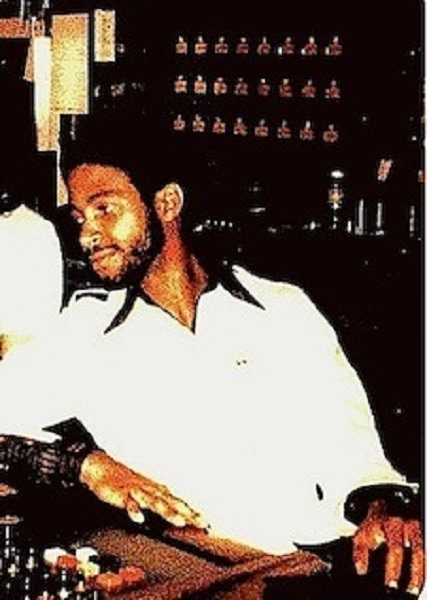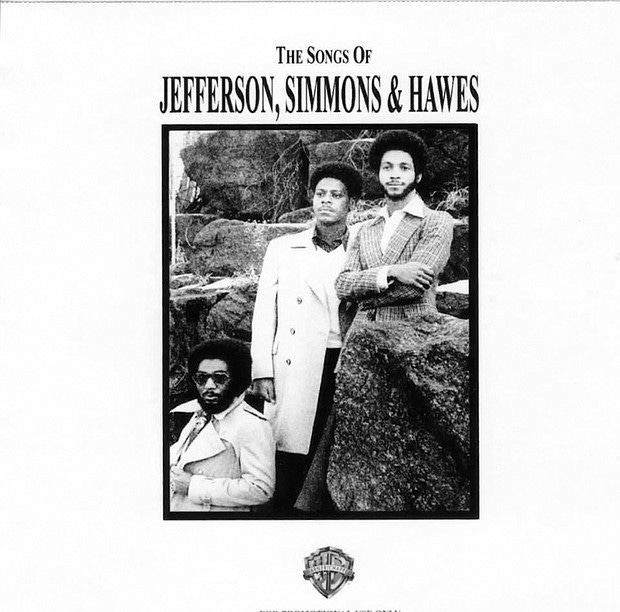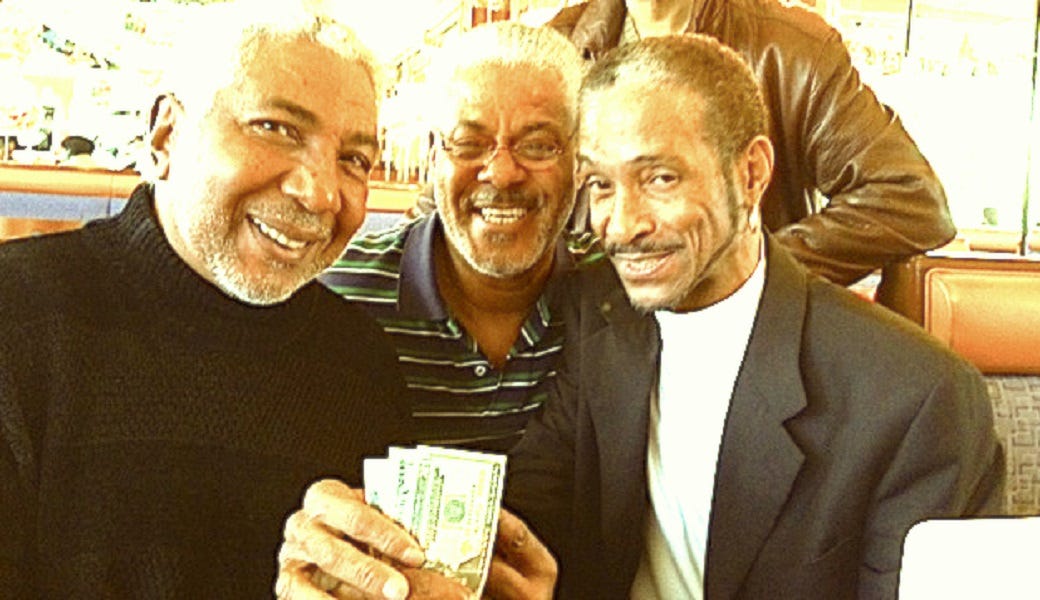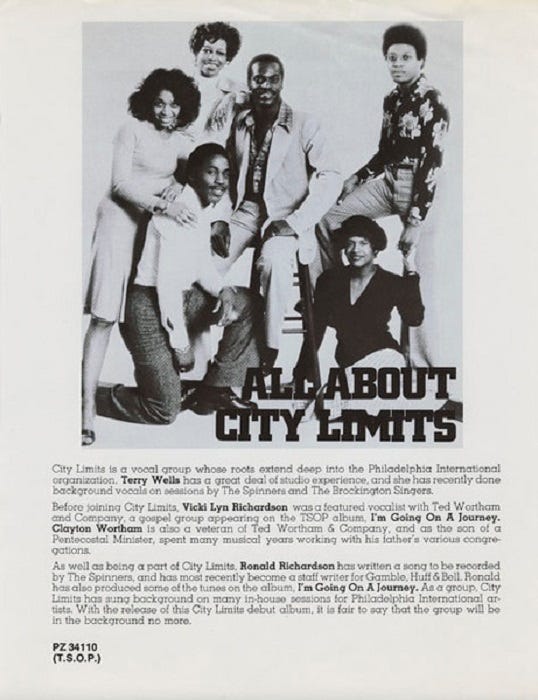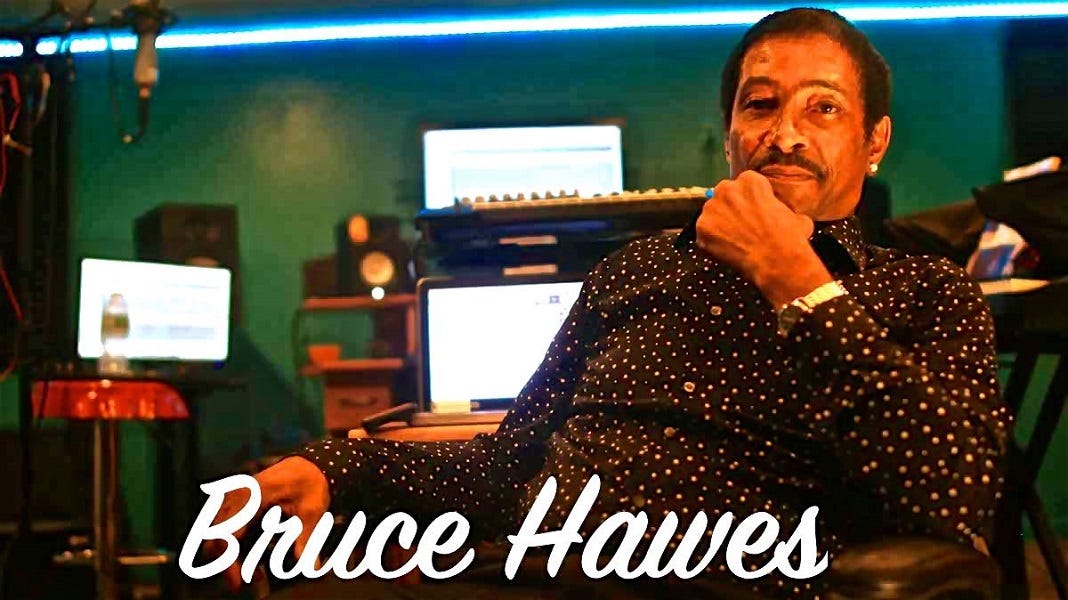Bruce Hawes (July 26, 1953 – February 17, 2021) – Love Is Everywhere (1975)
The unsung Philly songwriter who co-wrote Mighty Love for the Spinners also co-wrote and produced this superb gospel soul disco jam for City Limits.
View most updated version of this post on Substack
Open YouTube playlist of all songs
Search our full archives
Bruce Hawes was an unsung singer/songwriter, keyboardist, and producer. Usually working with Joseph Jefferson and Charles Simmons, he co-wrote Philly soul classics for artists including the Spinners, Stylistics, Three Degrees, MFSB and First Choice. See our earlier post on Hawes for more on his musical career.
Bruce Andre Hawes was born in Philadelphia and started singing and performing with his sisters at age three. At 14 he learned to play the piano, and formed his own gospel choir at Olney High School, where he was voted Most Talented by fellow members of the Class of 1971. He became a member of the Overbrook Singers, a 50-member gospel choir based at Overbrook High School, when they opened their membership to students from other schools. Other members at the time included future Philly soul songwriter Cynthia Biggs (Dexter Wansel’s writing partner) plus Rochelle Fleming, Annette Guest, and Wardell Piper, who had their own vocal trio called the Debonettes, soon to be re-named First Choice.
Hawes got his start in the music industry in 1972 working as a staff writer for Thom Bell at Philadelphia International Records (PIR). The song he brought to his audition with Bell, the brilliant gospel-influenced slow jam “I Could Never (Repay Your Love),” was picked as the final song to be included on the Spinners’ self-titled first LP on Atlantic. Three months after its release, Hawes was presented with his first gold record. Bell initially paired him with fellow songwriter (and former Nat Turner Rebellion member) Joseph B. Jefferson, and later added Charles Simmons to form a songwriting trio.
In 1973 the first song they wrote together was released, the beautiful Bell-produced “Could This Be The End” for The Stylistics. That same year they also penned the superb “Can't You See What You're Doing To Me” for the Three Degrees.
Next they had a huge breakthrough with the Spinners’ #1 R&B hit “Mighty Love.” The team went on to write other Spinners classics including the quiet storm masterpiece “Love Don’t Love Nobody” (1974), “Sadie” (1974), and their crossover hit “Games People Play” (1975).
As the trio’s main keyboard player Hawes came up with much of the music in their songs. In a 2003 interview with Soul Express, he described their songwriting process and his role in the team:
“We all would start with an idea and melody, without lyrics, and wrote the words to our hummed melody after recording the idea down on to a point on cassette…I was the hook man most of the time as well as the music man as well as a lyrics writer."
He also collaborated with other songwriters. In 1973 he and Jack Faith co-wrote the beautiful closing cut “Bitter Sweet” for MFSB’s second album Love Is The Message. He and songwriters Allan Felder and Ron Tyson co-wrote the heartfelt “Haunted (By Your Love)” for Blue Magic’s 1975 LP Thirteen Blue Magic Lane.
For New York City’s second album Soulful Road (1974), produced by Thom Bell, Jefferson-Simmons-Hawes co-wrote over half of the songs, including its heartfelt opening cut “Happiness Is.” Released as a single, it hit #20 R&B. They also co-wrote the album’s other single and closing cut, the stellar “Love Is What You Make It,” which peaked at #41 R&B.
In 1976, Hawes produced the debut album on PIR (and only ever release) for City Limits, a four-piece vocal group that grew out of his high school gospel choir the Overbrook Singers. Members were Terri Wells, Ronald Richardson, Vicki Lyn Reynolds, and Clayton Wortham, the younger brother of Overbrook Singers co-founder Ted Wortham.
Jefferson-Simmons-Hawes co-wrote the superb jam “Love Is Everywhere” for the album, one of two tracks Jefferson and Hawes co-produced (the other was its epic title track, co-written by Hawes with Cynthia Biggs and Ted Wortham). Released as the LP’s advance single in late 1975, “Love Is Everywhere” hit #13 on disco charts.
Other highlights included the socially conscious opening cut “People (We Need A Change” and the album’s beautiful slow jam closing cut, “Love (I Guess That's The Fool In Me),” both of which Hawes co-wrote with Biggs.
Along with Eugene Record and Thomas “Tom Tom 84” Washington, Hawes co-produced (and played on) Lowrell Simon’s 1979 album Lowrell, creating the all-time dancefloor classic “Mellow Mellow Right On.” Hawes did not receive a writer’s credit for the song despite writing the music, as he explained in 2018:
“When Lowrell Simon and Gus Redmond came to me in the conference room of Famous Music, Lowrell sang this song to me, A cappella. They allowed me to create the music for this song including the orchestra arrangement. Tom Tom was the copyist of my arrangement. Every note and every track was either played or written by me including the drum track.”
Rest in Power, Bruce Hawes.
Further info:
“Growing Up In TSOP,” book synopsis by Bruce Hawes, SoulExpress.net.
“R.I.P. Philly soul giant, ‘Mighty Love’ writer Bruce Hawes,” SoulTracks.com, February 17, 2021.
“Bruce Hawes - RIP,” by Dave Moore, SoulSource UK, February 18, 2021.
#soul #funk #disco #PhillySoul #TSOP #PIR #BruceHawes





